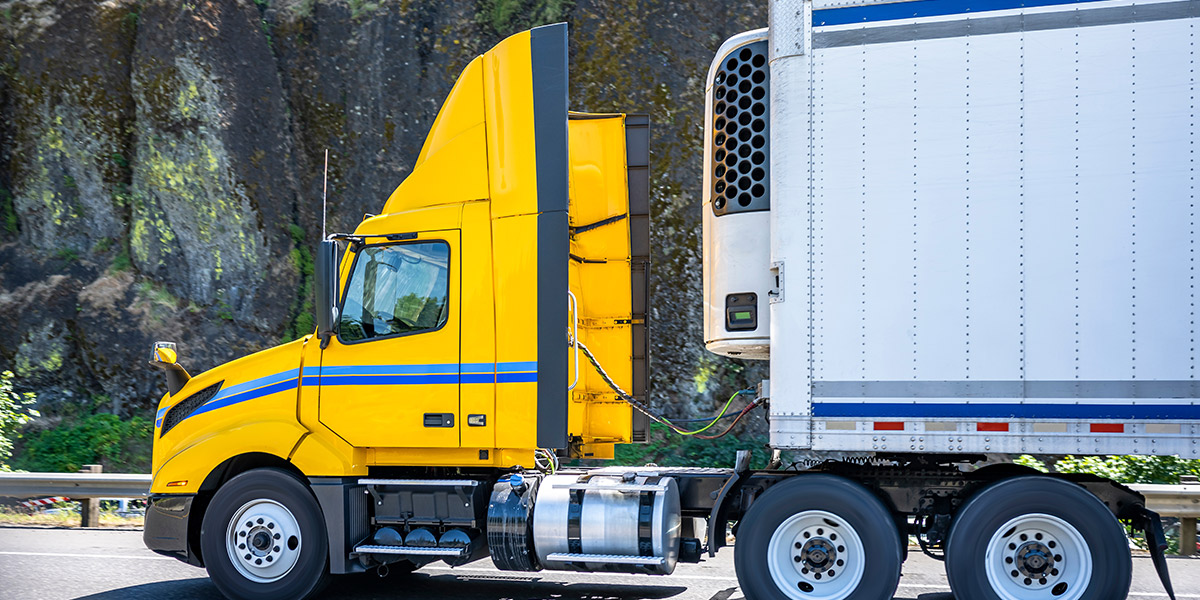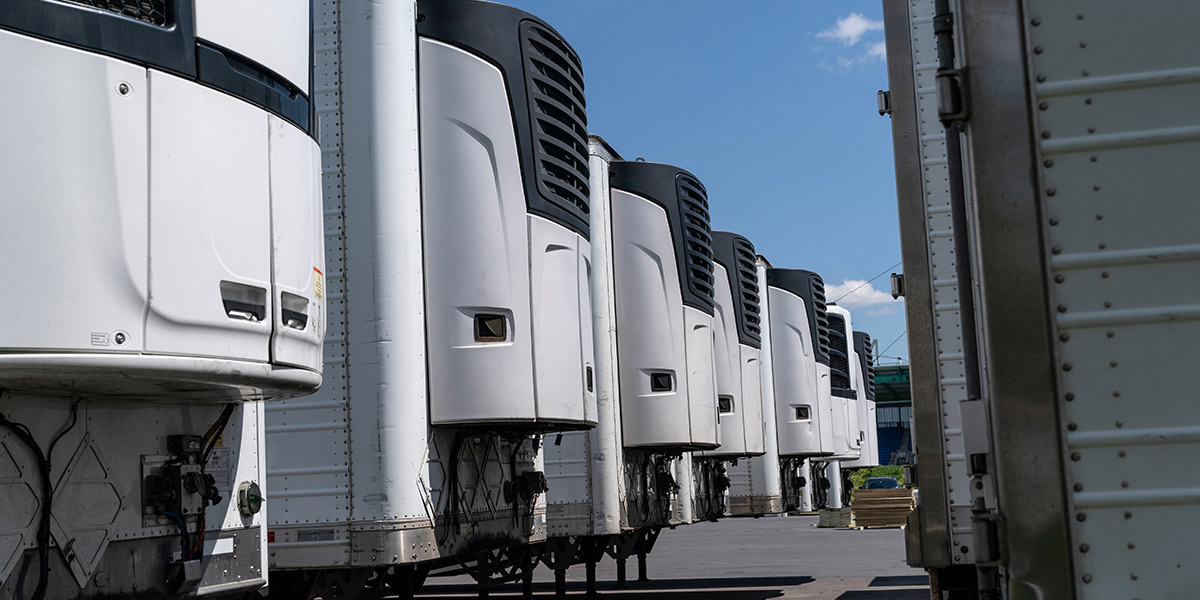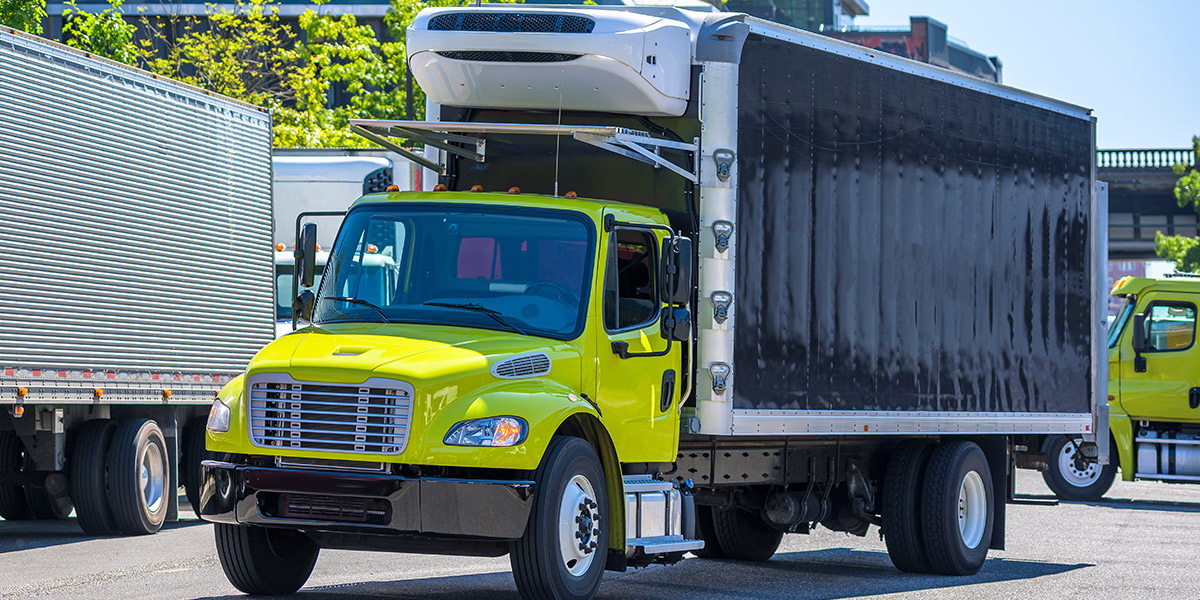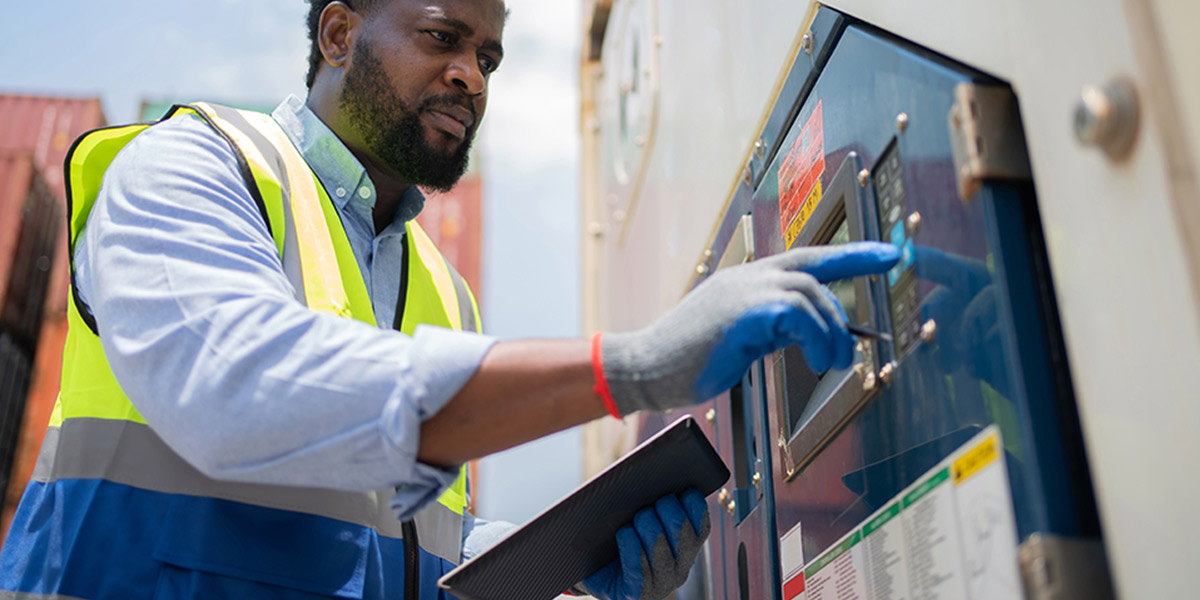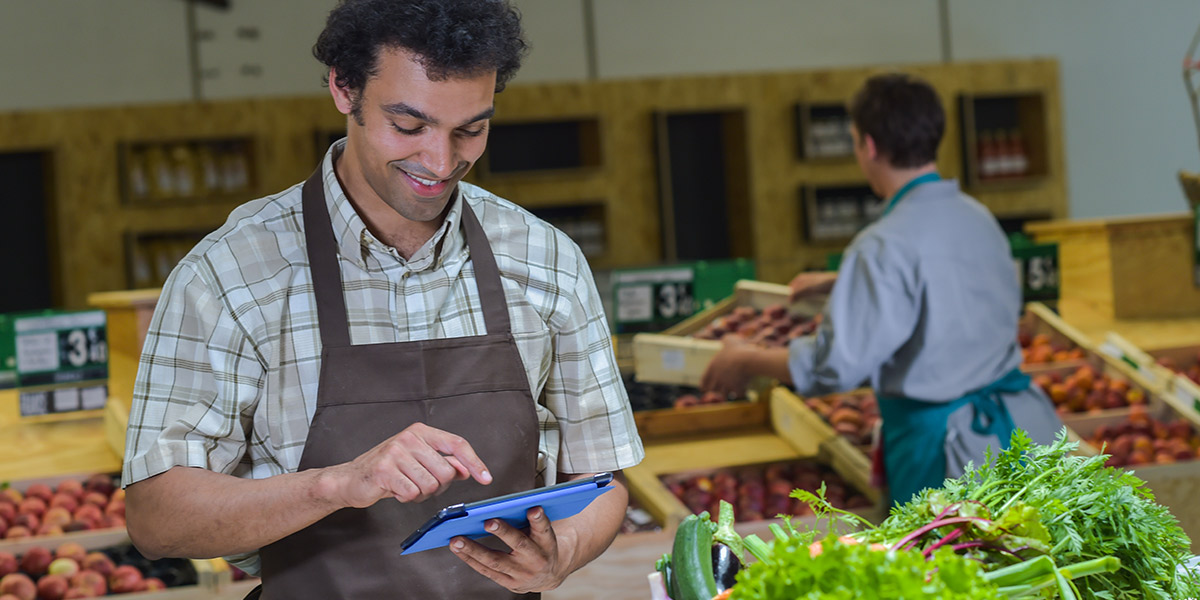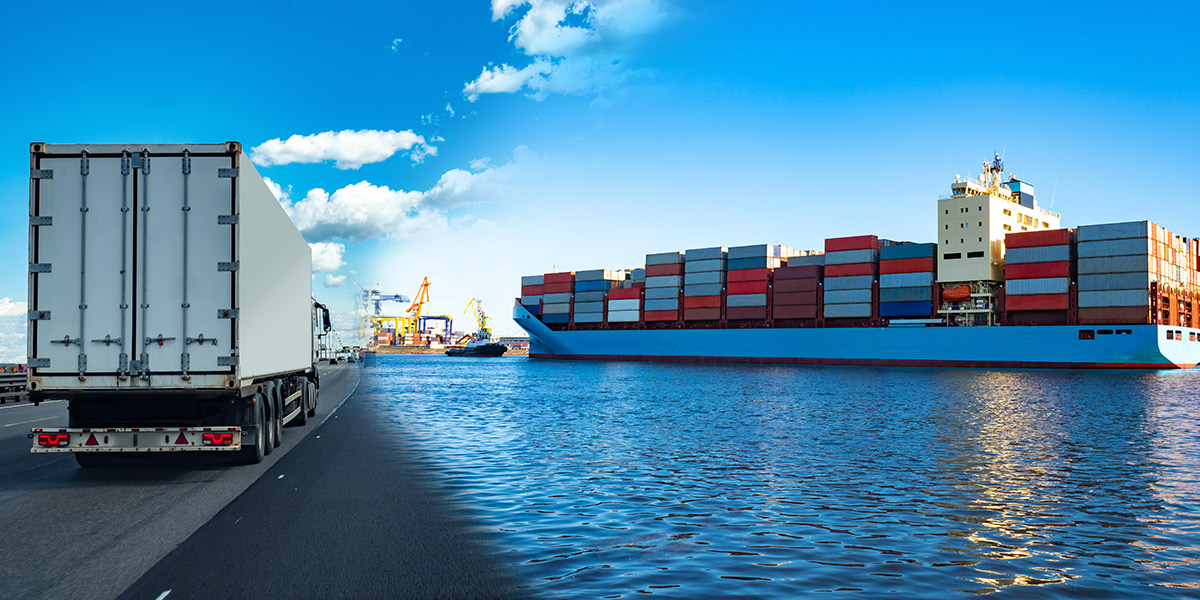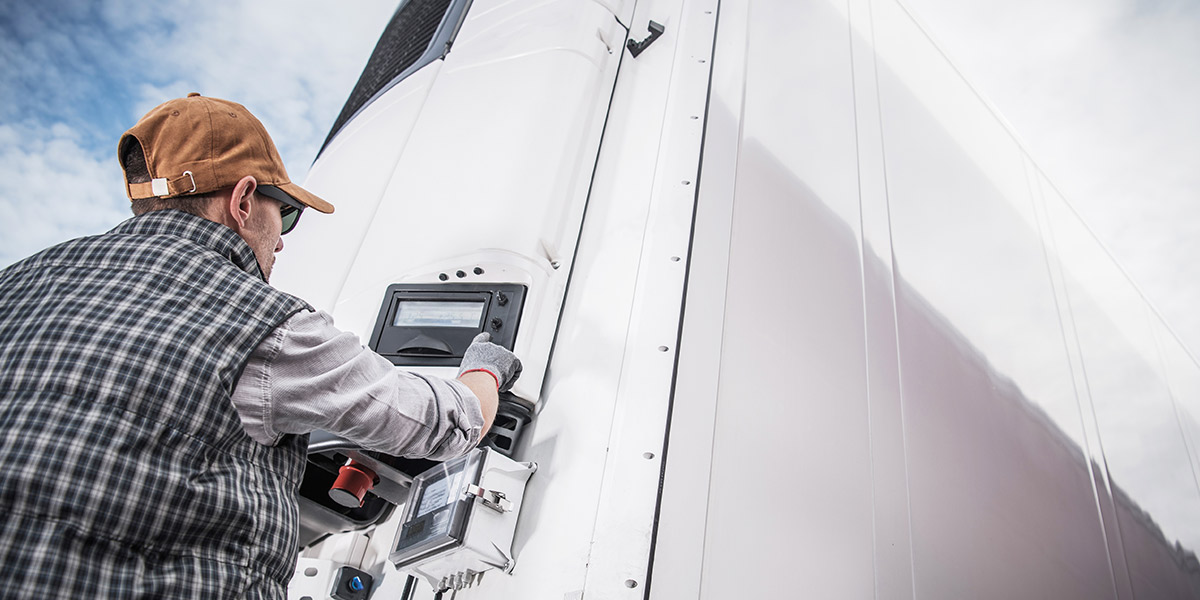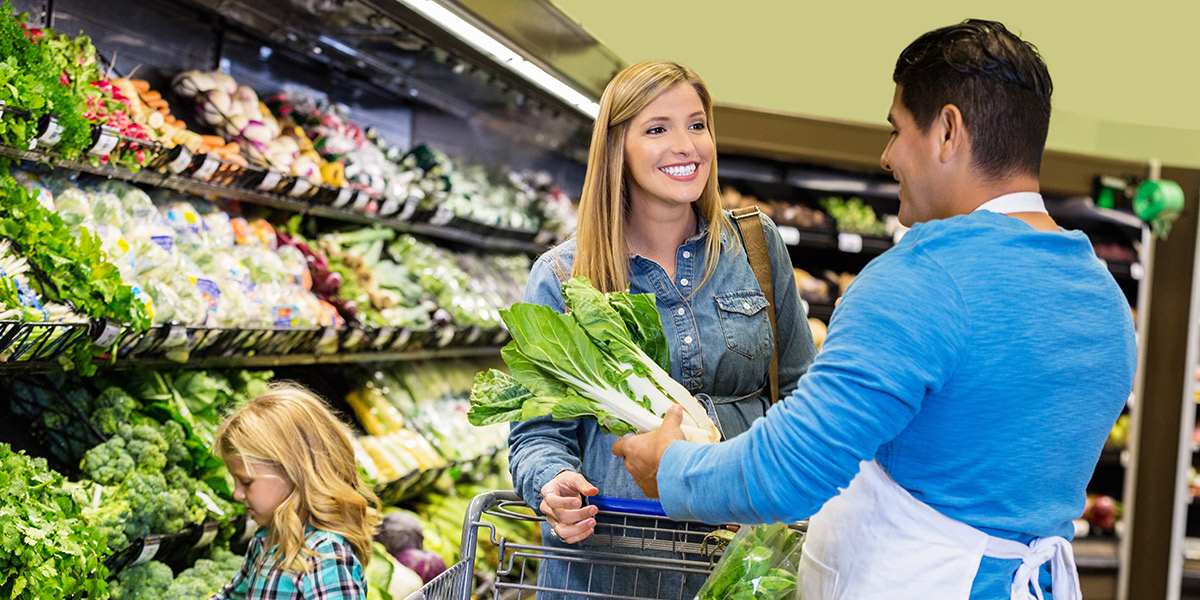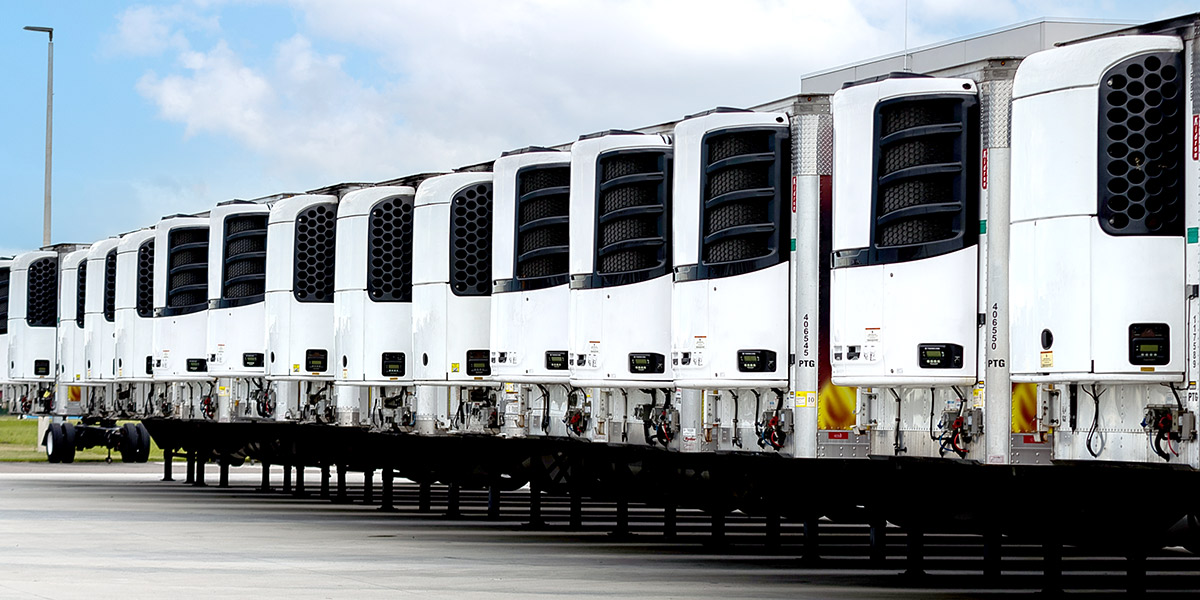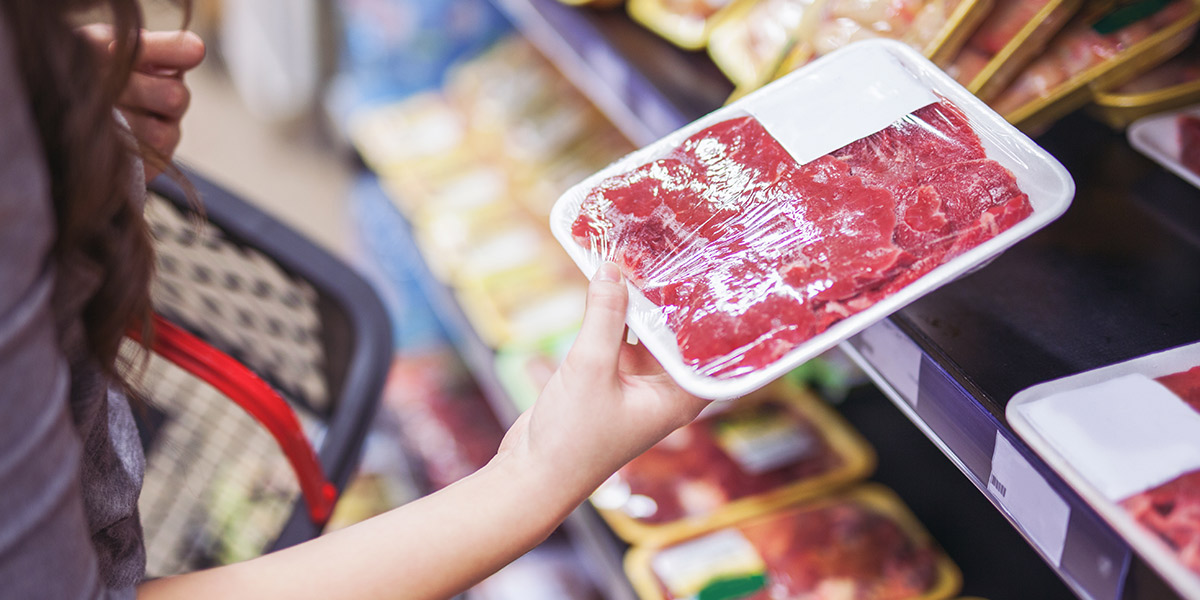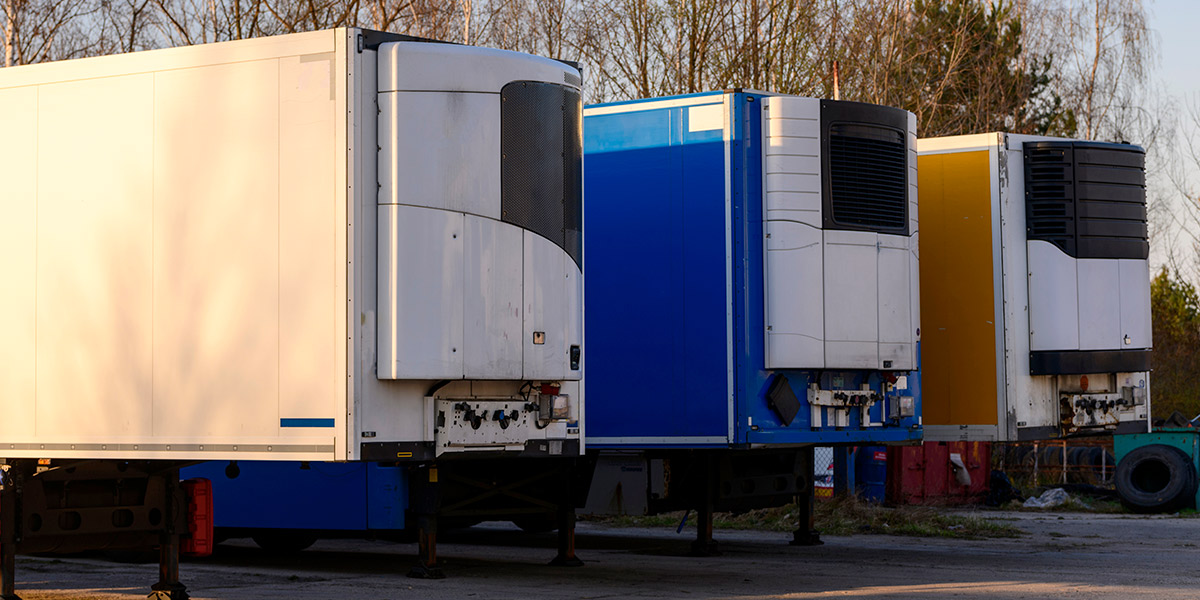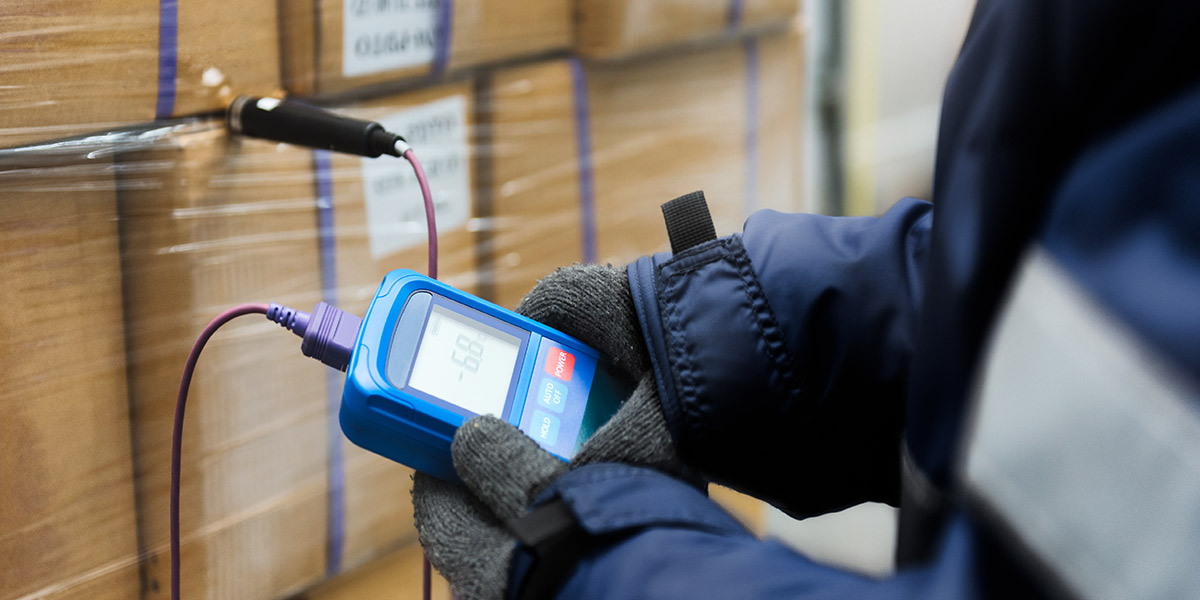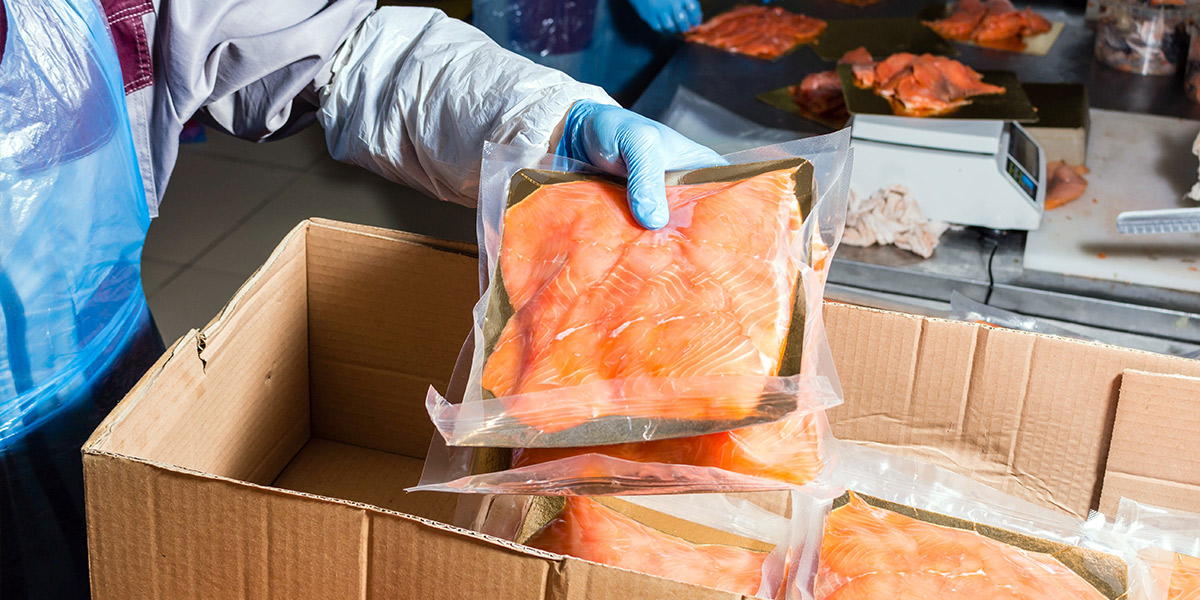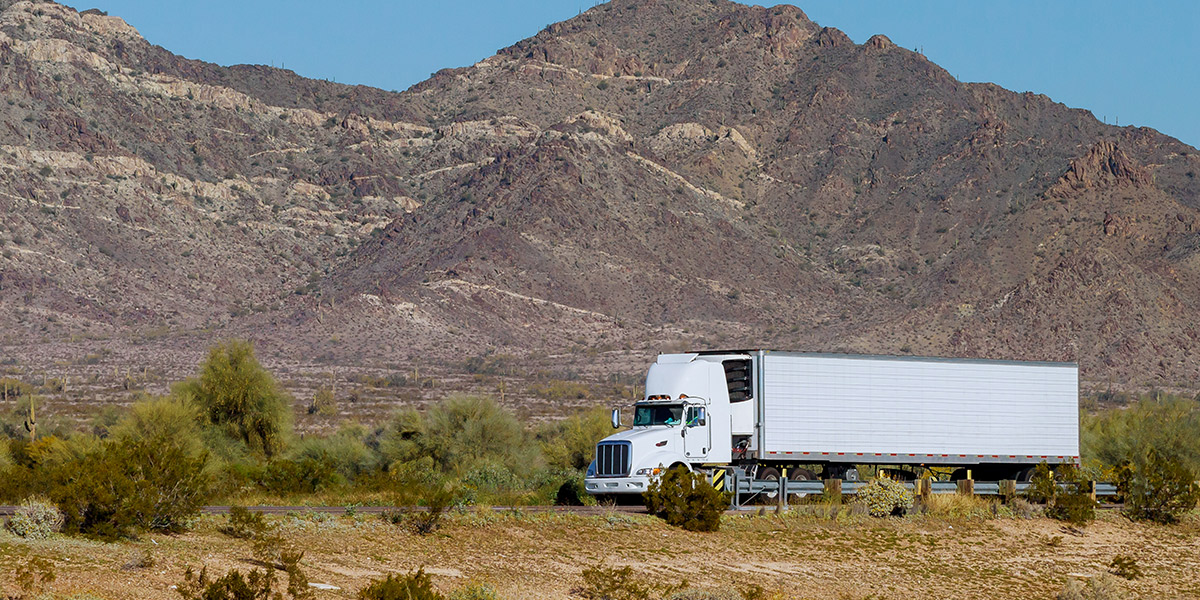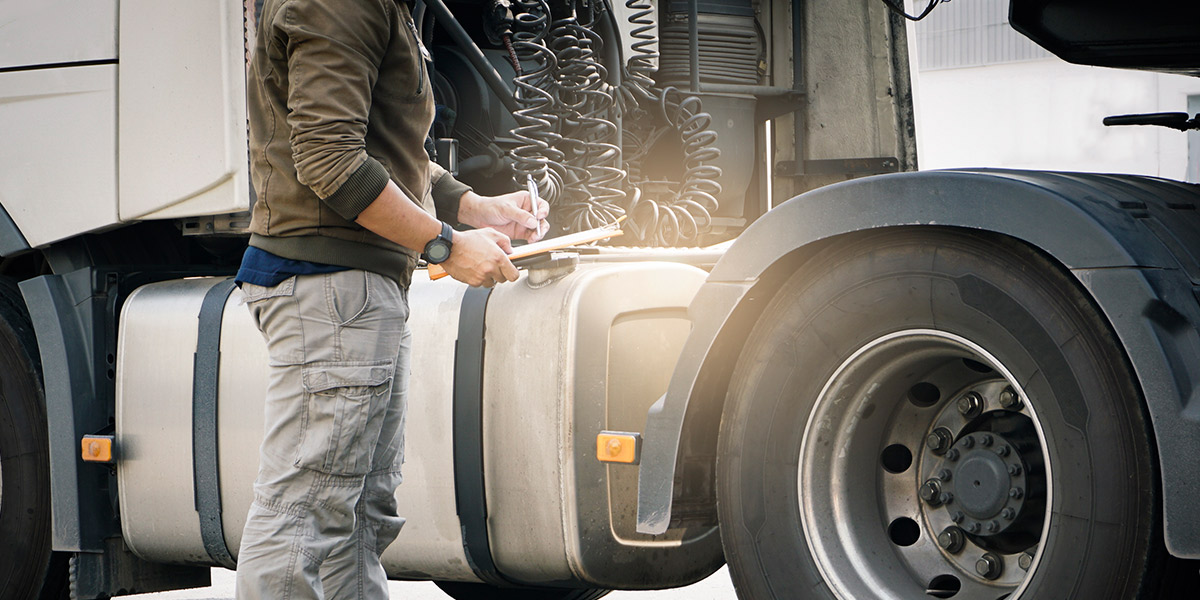Blog
Food safety begins with understanding why temperature monitoring is so important – here are the important things to know and to revisit
Whether you’re looking to add stores or meet growing demand at your existing locations, it’s time to evaluate your cold chain – and your commitment to food safety
Rising temperatures make monitoring temperatures a critical necessity
For peace of mind when it comes to food safety and compliance, you need to answer these critical questions.
Grocers control their entire cold chain. That also means they have the power to control the costs associated with keeping food safe.
As a smaller company you can compete with the giants – and realize a strong ROI – by committing to the transport of fresher, safer food
From easy-to-install sensors to easy-to-use data, a temperature monitoring system is a simple yet game-changing solution that pays off in multiple ways.
With a fresh array of produce and meats available for spring, keeping it all safe during transport should be a bottom-line priority.
When food isn’t kept at a safe temperature – at every step in its journey – the consequences to your company can be huge.
Grocery chains simply can’t afford to let salable food spoil in transit – and here’s how to make sure it doesn’t happen.
As locally and domestically sourced food becomes a more cost effective and less risky alternative, don’t let failing to comply with FSMA eat into your savings.
To get actionable information and insights on your fleet and the food you transport, you need access to temperature data from multiple environments.
Everyone in the cold chain needs to ensure food stays at a safe temperature – a challenge that grows more difficult as more parties are responsible for handling and transporting.
Grocery stores – which often control their entire cold chains – have multiple reasons to prioritize compliance and safety when transporting food.
When it comes to maintaining safe food temperatures, the greatest risks are when trailers are left unattended.
When temperature monitoring is available anywhere, anytime, and all the time, there’s no reason to leave food safety to chance.
Easy-to-install temperature monitoring can prevent big losses when your trailers are left unattended. It could be argued that
If you don’t go all in on temperature monitoring, you probably aren’t mitigating risk as effectively as you think.
To ensure safe food temperatures and FSMA compliance, invest in a cloud-based solution that can grow with your business.
New temperature tracking technology can benefit your food transportation business on multiple fronts.
To stay compliant with FSMA requirements for maintaining safe food temperatures during transport, you’ve invested in state-of-the-art reefers to keep food safe as it travels from Point A to Point B, and beyond.

